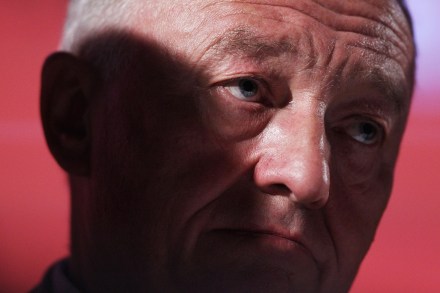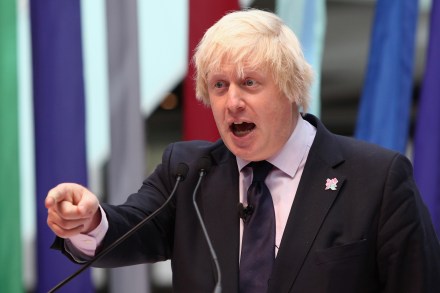Local elections: the video catch-up
A few videos from yesterday that we thought CoffeeHousers might care to tune into this morning. First, Boris’s victory speech (with a bit of Ken Livingstone tacked on to the end): Second, Livingstone’s concession speech, in which he announced that ‘this is my last election’: And, finally, Ed Miliband’s unfortunate meeting with an egg:



















